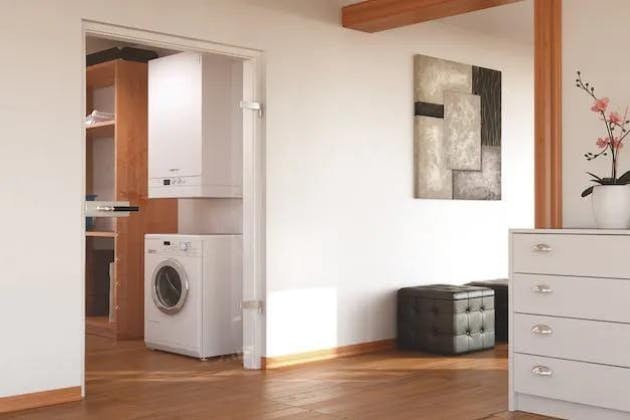When a boiler breaks down, it might feel like an emergency. Understanding what to do in this situation will help you save time and money. In this post, we'll go over the procedures you should take when your boiler breaks down, from booking boiler repairs to long-term preventative measures.
Steps to Take When Your Boiler Breaks Down
Turn Off the Boiler
First things first, turn off your boiler. This is crucial for your safety and to prevent further damage. Most boilers have a power switch or a dedicated circuit breaker. Make sure the boiler is completely shut down.
Check for Issues
Sometimes, the problem is simple. Check if there’s a power outage in your area or if the gas supply is off. Also, ensure that the thermostat is set correctly and that the pilot light (if applicable) is on.
Safety First
If you smell gas or suspect a leak, evacuate your home immediately and call emergency services. Do not attempt to fix the boiler yourself if there is a potential gas leak.
Checking the Thermostat
Ensure that the thermostat is functioning correctly. Sometimes, a faulty thermostat can be the culprit. Replace the batteries if needed and make sure it’s set to the desired temperature.
Inspecting the Pressure Gauge
Boilers require a certain pressure level to operate efficiently. Check the pressure gauge; if it’s too low or too high, this could indicate a problem. The ideal pressure is usually between 1 and 1.5 bars.
Looking for Error Codes
Modern boilers often display error codes when something goes wrong. Refer to your boiler’s manual to understand what the code means and whether it’s something you can fix or if you need professional help.

How To Fix These Boiler Issues
Resetting the Boiler
Sometimes, simply resetting the boiler can solve the problem. Check your boiler’s manual for instructions on how to reset it properly.
Bleeding Radiators
Air trapped in radiators can prevent your heating system from working efficiently. Bleed your radiators to release any trapped air, which might resolve heating issues.
Checking the Pilot Light
If your boiler has a pilot light, make sure it’s lit. If it’s gone out, follow the manufacturer’s instructions to relight it. If it won’t stay lit, you may need a professional to check it out.
When to Call a Professional
If you’ve tried basic troubleshooting and the problem persists, it’s time to call a professional. Issues such as strange noises, leaks, or no heat at all often require expert intervention.
Understanding Warranties and Insurance
Check if your boiler is still under warranty or if you have insurance that covers repairs. This can save you significant costs.
Finding a Reliable Heating Engineer
Look for certified heating engineers with good reviews. It’s essential to choose someone reliable to ensure quality repairs.
Preventative Measures to Avoid Future Breakdowns
Regular Maintenance
Regular maintenance is key to keeping your boiler in good working condition. Schedule regular check-ups with a professional.
Annual Servicing
An annual service can help identify potential problems before they become major issues. This is often a requirement to maintain your boiler’s warranty.
Keeping an Eye on Boiler Performance
Monitor your boiler’s performance regularly. Unusual noises, inconsistent heating, or frequent pressure drops are signs that your boiler may need attention.
Get in touch with us in Dagenham, Romford and Hornchurch
Simply call us on 08000282031 or 01708444685 and we'll be happy to help.

